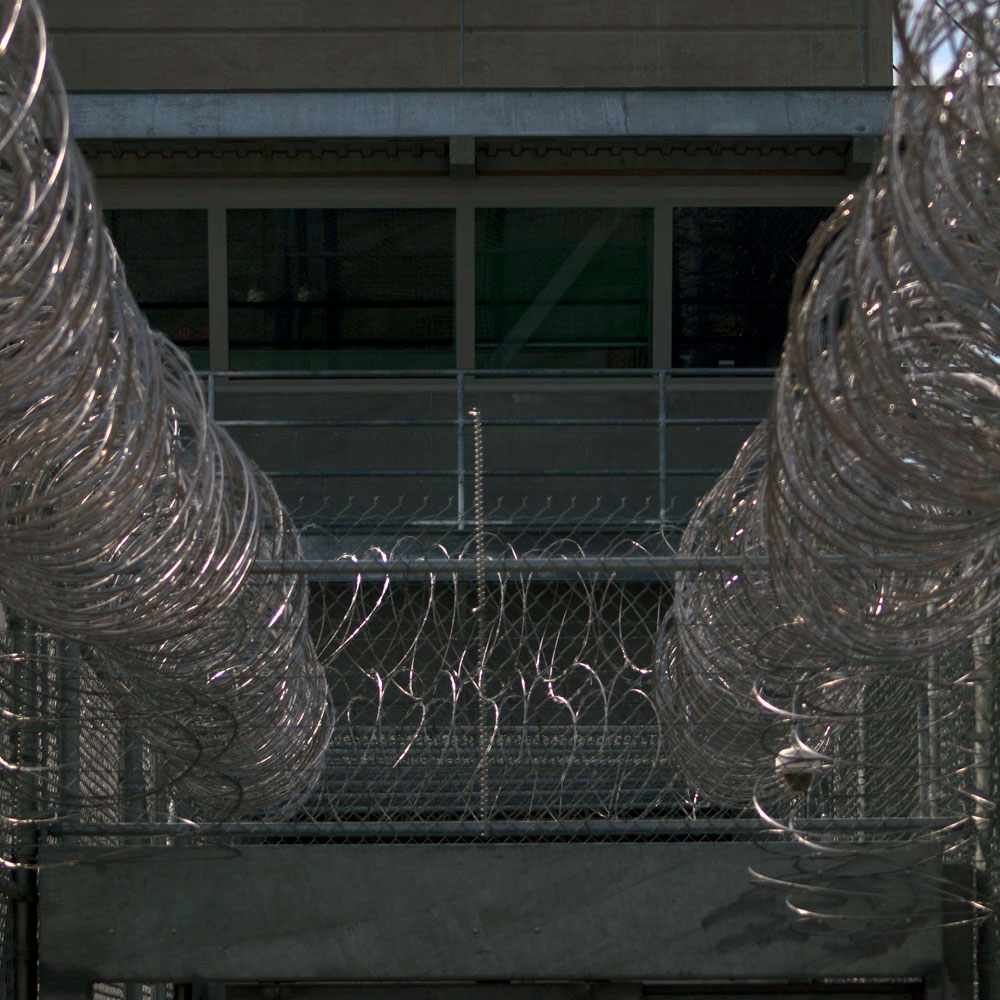
September 12, 2019; Guardian
In a move that would also shutter four immigration detention centers, lawmakers in California have voted to end the state’s use of private prisons. This makes California the fourth, after New York, Iowa, and Illinois, to ban their use in holding state prisoners.
California has long relied on private facilities to relieve prison overcrowding, making it an important linchpin for the industry. But over the past three years, the state has significantly reduced its dependency on them—from housing 7,000 inmates in 2016 to less than a third of that as of June of this year.
Governor Gavin Newsom is expected to sign AB32 into law, having publicly vowed last year to “end the outrage of private prisons, once and for all.” The law will prevent the reopening of the state’s private prisons, which are run by the GEO Group, unless the state is ordered by a federal court order to relieve overcrowding in the state system.
Originally, the bill was written to apply only to contracts between the state and private prison concerns, but it was amended in June to apply also to four California detention centers run by ICE. These will be closed as early as next year when their contracts expire. Two of these facilities are also run by GEO through subcontracting schemes.
Sign up for our free newsletters
Subscribe to NPQ's newsletters to have our top stories delivered directly to your inbox.
By signing up, you agree to our privacy policy and terms of use, and to receive messages from NPQ and our partners.
A recent report by the state auditor revealed how this kind of deal has worked to bypass competitive bidding in Adelante and McFarland, where the cities themselves subcontracted operations to GEO. “What ICE does is they locate in these very poor and remote areas,” said Lizbeth Abeln, of the Inland Coalition for Immigrant Justice. “The private prison comes in and lobbies and promises jobs, and tax money.”
Arrangements like these have now been outlawed.
According to the National Immigrant Justice Center, around 71 percent of the 52,000 migrants in ICE custody as of June are held in private prison facilities, and between them, GEO and CoreCivic run most of the detention facilities in the country. CoreCivic has been active in California, operating and planning to expand the Otay Mesa detention center in San Diego. In fact, SEC filings show that as much as as 12 percent of CoreCivic’s total revenue comes from contracts with California’s prison authority, more than any other state prison authority in the US.
If Newsom signs this bill, the practice of incarcerating state prisoners in private prisons is set to end by 2028. Readers may remember, however, that we warned advocates when the Justice Department announced their plan to phase out the use of private prisons to hold federal prisoners, that it was unlikely to hold in the face of a powerful lobby—and indeed, in California, immigration advocates have the same fears.
“This legislation is the most powerful we’ve had. It’s a very big step,” says Abeln. “But we know GEO Group and ICE work in secrecy, and they work to circumvent contract laws, so we’re still monitoring things.” Beyond that, the federal detainees can simply be shipped out to other states.—Ruth McCambridge













